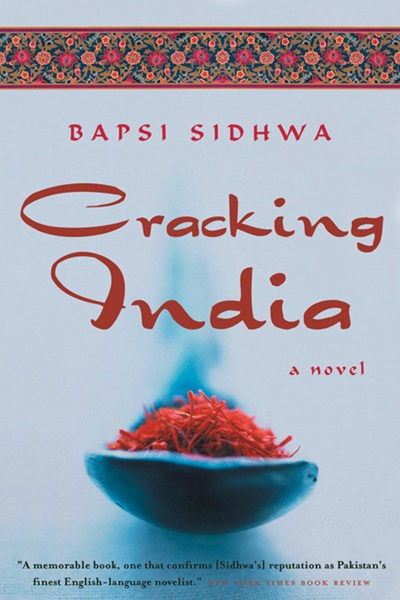The 1947 Partition of India is the backdrop for this powerful novel, narrated by a precocious child who describes the brutal transition with chilling veracity. Young Lenny Sethi is kept out of school because she suffers from polio. She spends her days with Ayah, her beautiful nanny, visiting with the large group of admirers that Ayah draws. It is in the company of these working class characters that Lenny learns about religious differences, religious intolerance, and the blossoming genocidal strife on the eve of Partition. As she matures, Lenny begins to identify the differences between the Hindus, Moslems, and Sikhs engaging in political arguments all around her. Lenny enjoys a happy, privileged life in Lahore, but the kidnapping of her beloved Ayah signals a dramatic change. Soon Lenny's world erupts in religious, ethnic, and racial violence. By turns hilarious and heartbreaking, the domestic drama serves as a microcosm for a profound political upheaval.
The 1947 Partition of India is the backdrop for this powerful novel, narrated by a precocious child who describes the brutal transition with chilling veracity.
Young Lenny Sethi is kept out of school because she suffers from polio. She spends her days with Ayah, her beautiful nanny, visiting with the large group of admirers that Ayah draws. It is in the company of these working class characters that Lenny learns about religious differences, religious intolerance, and the blossoming genocidal strife on the eve of Partition.
As she matures, Lenny begins to identify the differences between the Hindus, Moslems, and Sikhs engaging in political arguments all around her. Lenny enjoys a happy, privileged life in Lahore, but the kidnapping of her beloved Ayah signals a dramatic change. Soon Lenny’s world erupts in religious, ethnic, and racial violence.
By turns hilarious and heartbreaking, this domestic drama serves as a microcosm for a profound political upheaval.

